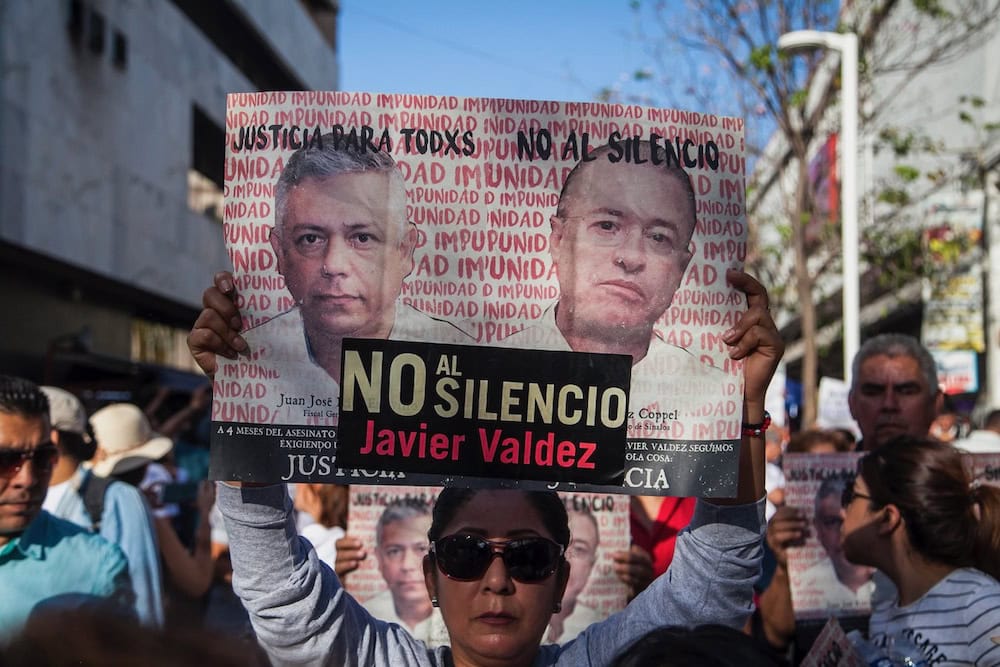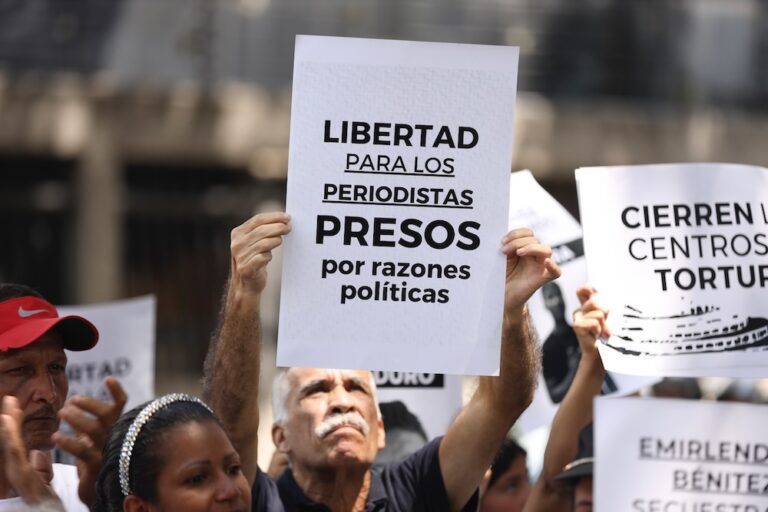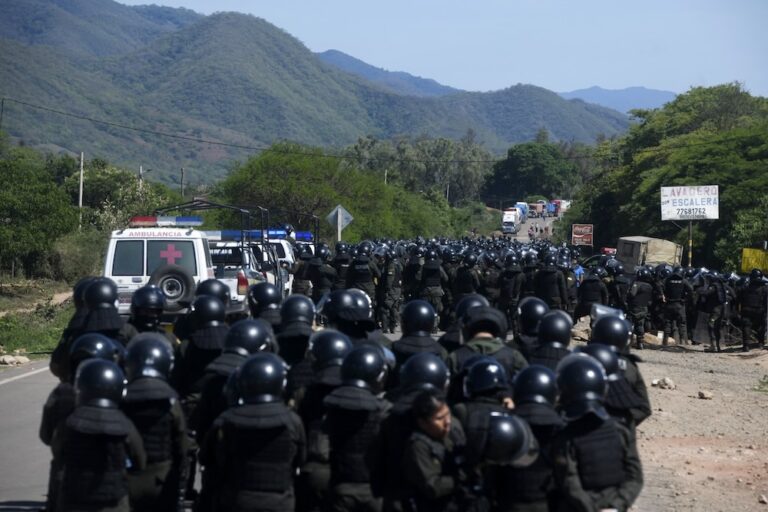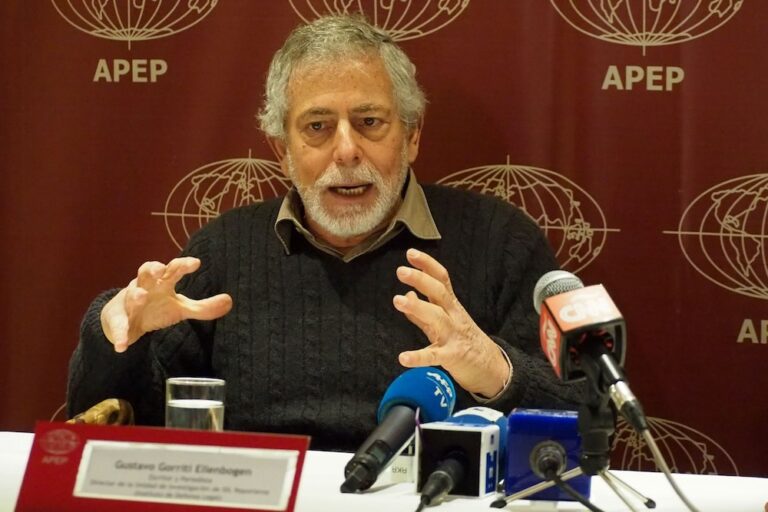Latin America faces a dire crisis as governments intensify crackdowns on press freedom, silencing voices from Venezuela to Guatemala, and igniting global calls for justice.
This statement was originally published on en.sipiapa.org on 17 May 2024.
The Venezuelan government, in a new attack against freedom of expression, closed the radio station Minuto 193.9 FM in the state of Portuguesa and, according to the National Association of Journalists, there are already 11 radio stations that have been closed so far this year and prior to the beginning of the electoral campaign in July.
In the Cuban municipality of Pinar del Río, the State Security maintains a repressive wave against journalists and activists through house searches, arbitrary arrests and confiscation of equipment. This week it arrested and confiscated the equipment of Yosmaury Casares Soto and Raciel Álvarez Díaz, journalists of Panorama Pinareño, as denounced by the Cuban Institute for Freedom of Expression and Press (ICLEP).
The Foundation for Freedom of the Press (FLIP) denounced the constant attacks on the press by Colombian President Gustavo Petro. The organization assured that the president continues with his strategy of “delegitimizing journalism” and that this “worsens the climate of hostility towards the press”. FLIP also reminded that the State, and particularly the President, have the obligation to guarantee optimal conditions for the exercise of freedom of the press.
In Rosario, Argentina, the Bar Association suspended Leopoldo Monteli for six months for having written in September 2022, through X, that “the world will be a livable place when a journalist is executed every day”. The action against the lawyer was promoted by the Argentine Journalism Forum (FOPEA) and the Rosario Press Union.
As part of its “Voices Calling for Justice” campaign, the Inter American Press Association (IAPA) remembered the Mexican journalist and writer Javier Arturo Valdez Cárdenas, who was murdered seven years ago. Valdez courageously denounced the activities of organized crime, drug trafficking and public corruption. The IAPA campaign seeks to persevere in the demand for justice and to rescue the memory of journalists murdered in recent decades.
On the other hand, the board of directors of the Maria Moors Cabot Award of Columbia University condemned in a press release the criminalization of independent journalism in Latin America, citing the cases of José Rubén Zamora in Guatemala and Gustavo Gorriti in Peru, as well as the persecution of the Venezuelan portal Armando.info.
This week, a Guatemalan court granted house arrest to Zamora, journalist and founder of elPeriódico, who has been unjustly imprisoned for 658 days. “We welcome this first and necessary measure that we have requested since his imprisonment almost two years ago, but we insist on demanding his immediate release,” commented IAPA President Roberto Rock.



